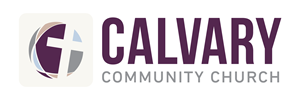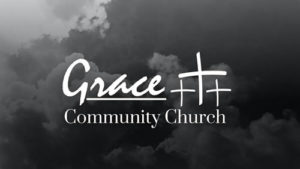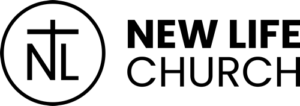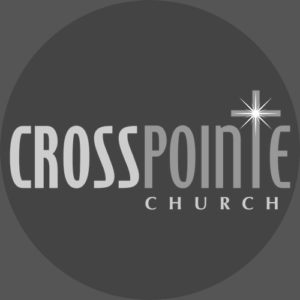
It’s tempting to think that finding a bookkeeper is simply a matter of finding someone who knows how to use your accounting software. For churches and nonprofits however, it’s especially important to find a partner who understands your mission, your structure, and how to handle the unique financial needs that come with ministry work.
Not every bookkeeper is familiar with the unique qualities and intricacies of ministry finances. And not every solution — even ones that look polished on the surface — will actually give you the clarity you need to lead well.
Here’s what to look for when you’re choosing the right bookkeeping partner for your church or nonprofit.
1. Find Someone Who Knows Nonprofit Accounting
Bookkeeping for churches and ministries is different — plain and simple. You’re not just tracking income and expenses. You’re managing designated funds, donor restrictions, tax exemptions, and maybe even grant reporting. That’s where nonprofit bookkeeping services come in.
If your bookkeeper doesn’t understand fund accounting or how to handle restricted gifts, you could end up with books that look fine on the surface but are actually giving you a distorted picture.
A good nonprofit bookkeeper will already be asking you about donor restrictions, year-end reporting, and how your funds are structured — not the other way around.
2. Make Sure They’re Familiar with Church-Specific Needs
Churches bring an added layer of complexity. Between clergy payroll (hello, housing allowance), designated funds, donation tracking, and year-end giving statements — there’s a lot that doesn’t show up in your average for-profit business.
If a bookkeeping service doesn’t regularly work with churches, they may miss things that matter. When you’re considering church bookkeeping services, make sure they know how to:
- Track restricted gifts properly
- Handle clergy compensation accurately
- Provide reports your board will actually understand
You’ve got enough on your plate — teaching “Church Finances 101” to your bookkeeper shouldn’t be one of them.
3. Ask How They Work and Communicate
Even the best financial systems fall apart without good communication.
Do they check in with you each month? Will they walk through reports with you if something doesn’t make sense? How do they handle questions or special requests?
These are especially important questions if you’re working with a remote church bookkeeping team — which can be a great fit, as long as expectations are clear and the communication is solid.
The right partner won’t just deliver reports. They’ll help you understand what those reports mean.
4. Look for Someone Who Gets the Mission
Your bookkeeper doesn’t have to be part of your denomination — but it helps if they understand ministry life. You’re trusting them with something sensitive: your church’s financial health.
That’s why many leaders turn to faith-based bookkeeping providers. It’s not just about faith — it’s about knowing that the person supporting your books gets what it means to serve a congregation, report to a board, and steward donor trust.
It’s okay to ask, “Have you worked with churches before?” or “What do you enjoy about working with nonprofits?” Their answers will tell you a lot.
5. Ask the Right Questions Before You Sign On
Before you hire a bookkeeping partner, take some time to ask a few questions that go beyond surface-level service details. These questions can help you spot whether they truly understand nonprofit and church accounting — or if they’re applying a one-size-fits-all approach.
Here are a few practical questions that can help you spot the right fit — or weed out someone who isn’t equipped to serve your ministry well:
- How do you track donor-restricted and board-designated funds?
- What’s your process for closing out each month?
- How do you prepare financial reports for a board of directors or elders?
- Are you familiar with clergy payroll?
- Do you help with compiling giving statements or tracking contribution letters for donors?
- What happens if we’re ever audited?
If they can’t confidently walk you through these answers, it might be a sign they’re not fully equipped to serve churches or ministries — even if they mean well.
Final Thoughts
When you find the right bookkeeping partner, your finances become a tool for wise, timely decisions — not a source of stress.
They’ll help you keep things organized, understand what’s really going on in your budget, and make confident decisions as a leadership team. And just as importantly, you’ll have more time to focus on the part of ministry only you can lead.
So take your time. Ask questions. And don’t settle for someone who just checks boxes — look for a partner who understands what healthy church finances really look like.
Ready to Talk?
We know — writing an article about how to choose the right bookkeeping partner and then offering our services at the end is a little on the nose. But the truth is, we’ve built our team to reflect the very things we laid out above: deep nonprofit experience, church-specific knowledge, clear communication, and a shared commitment to your mission.
If you’re looking for a remote bookkeeping partner, we’d be glad to connect and talk through your needs — and yes, you can absolutely ask us the questions from this article.
Reach out to us [here] to schedule a 15–30 minute call. We’d love to hear your story — spreadsheets and all.


































